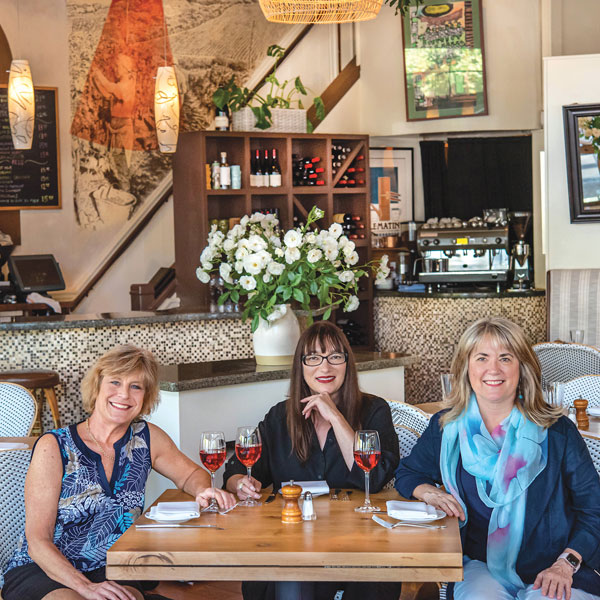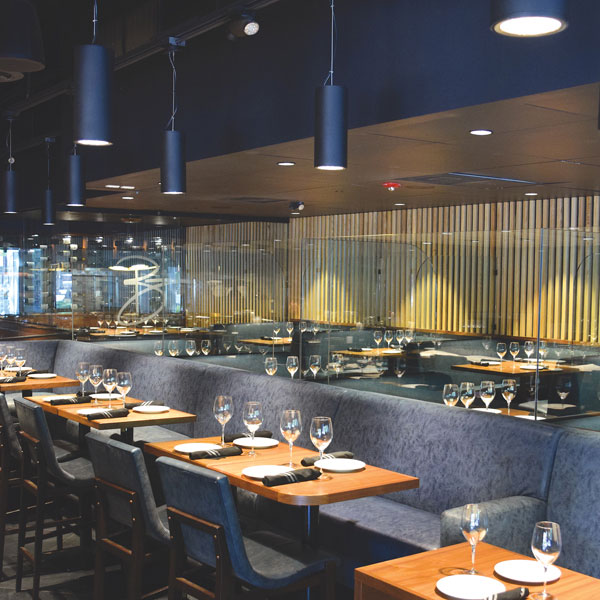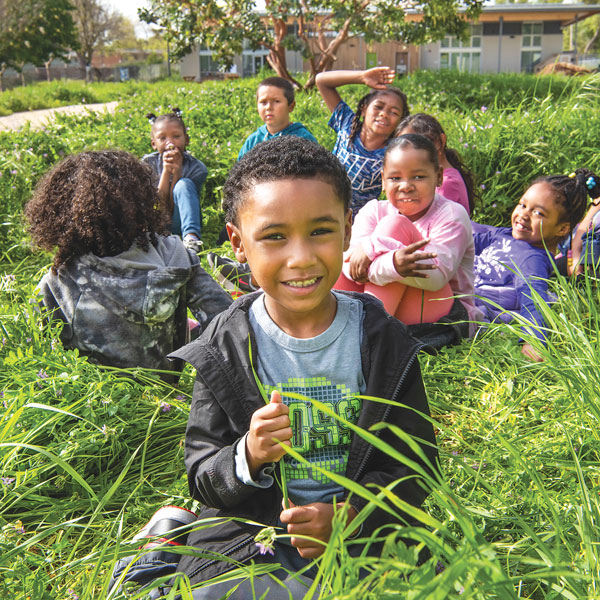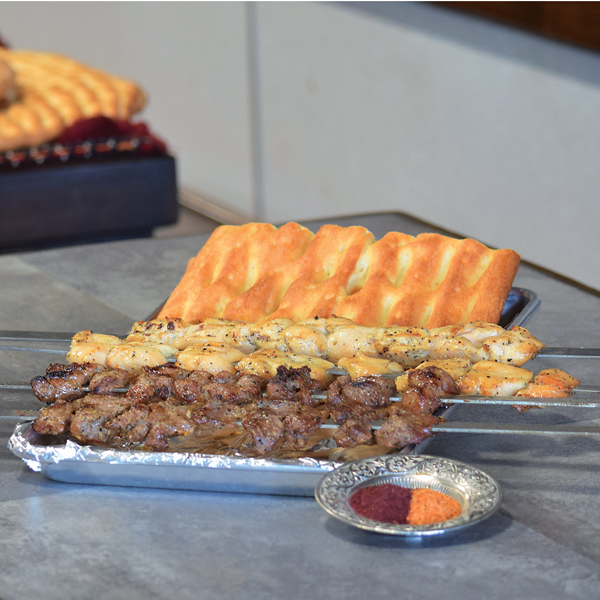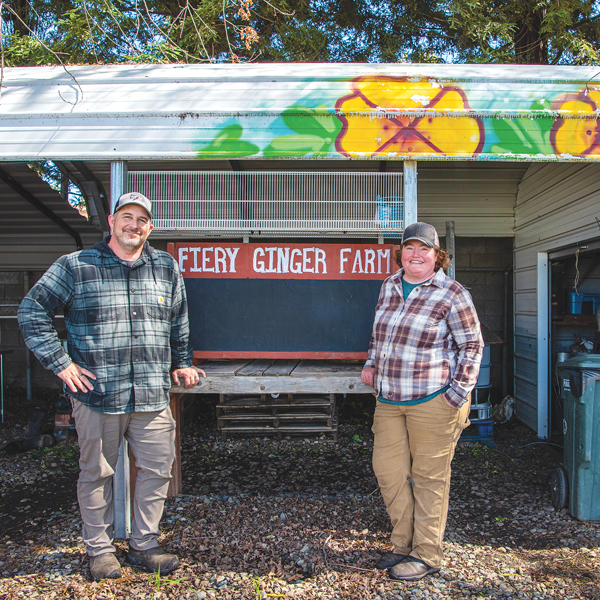
May 30, 2023
The best chefs I worked with never took sole credit for the elaborate meals they served. They emphasized team effort. Every decent kitchen needs a brigade, with many hands making each meal distinct.
The best writers I’ve learned from call on communities of writers for inspiration. They apprentice less experienced writers and encourage them to find their voices. Creativity needs a community.
Les Dames d’Escoffier Sacramento is building a community between our region’s food and beverage leaders and young female professionals in the hospitality industry.

May 30, 2023
When Bandera closed five years ago, it was a gut punch to the Arden Arcade dining scene. But here we are, and local restaurateurs Brian and Susan Bennett filled the void at Howe Avenue and Fair Oaks Boulevard.
Their restaurant, Bennett’s American Cooking, stepped into the Bandera location with steaks and seafood, wine and cocktails, and an upscale, casual vibe.
Decades ago, I enjoyed the garish atmosphere of Chinois at the same site. Mirrored walls, a dimly lit room, and 1980s hues of salmon and gray suggested a Euro disco could erupt at any moment. The scene spoke to a place and time. It was contemporary fun compared to its rival across the street, Ming Tree.

Apr 28, 2023
Willie’s, the Sacramento burger institution, is a three-restaurant, two-generation juggernaut that has kept thousands of locals well fed and happy for three decades. Opened in 1991, with one small Downtown location, the brand grew. Now each Willie’s has its own identity and owner.
The original location, 16th and Broadway, is a boisterous gem. Slinging Willie’s signature burgers (hammers) and chili burgers (slammers) late into the night, the spot is a magnet for after-concert goers, restaurant workers and hungry neighbors.

Apr 28, 2023
Imagine living in a state where every resident, child to elder, has access to farm-fresh, healing, life-sustaining produce.
For decades, access to nourishing produce has been associated with more privileged lifestyles. In poorer areas, adults suffer diet-related health conditions. Children are often malnourished. Ten percent of Californians have diabetes.
People with the least amount of money often travel long distances for healthy produce.
In recent months, I’ve learned about the California Office of Farm to Fork and its Farm to School Program. I began to see threads pulling together the farm-to-fork movement. Each link forms a chain of relationships.

Mar 28, 2023
Madar Afghan Food and Bakery is tucked into a strip mall on the corner of Marconi and Fulton avenues. The little restaurant brings Afghan flavors and American expectations together in a smart and delicious package.
How smart? So smart I was convinced Madar was part of a chain. It’s not, but you’d be forgiven for thinking so. From the slick logo font, focused menu and navigable website, this place doesn’t feel like a small, independent restaurant. It’s a machine. I wouldn’t be surprised to see a dozen Madars in Northern California over the next few years.
Madar opened in April 2020. That was a tough time, one month into COVID-19 restrictions. But the crew at Madar persevered.

Mar 28, 2023
When I stumbled onto Fiery Ginger Farm in West Sacramento, I thought I must be in the wrong place. Just off a main drive choked with cars, behind a motorcycle shop, an agricultural oasis beckoned.
The confluence of urban and rural, the contrast of cement and steel with compost and budding broccoli, struck me as an oddly poetic but fitting combination as I considered the food many of our kids eat.
With rows of organic salad greens, rooting pigs, digging ducks, greeting goats, and a field of cauliflower, cabbage and broccoli, I was in homesteader heaven just blocks from Downtown.
Imagine our kids’ school lunch trays packed with fresh, organic salad greens, pastured pork, braised turnips, broccoli heads kissed with Meyer lemon zest, and strawberries with green crowns still attached.
